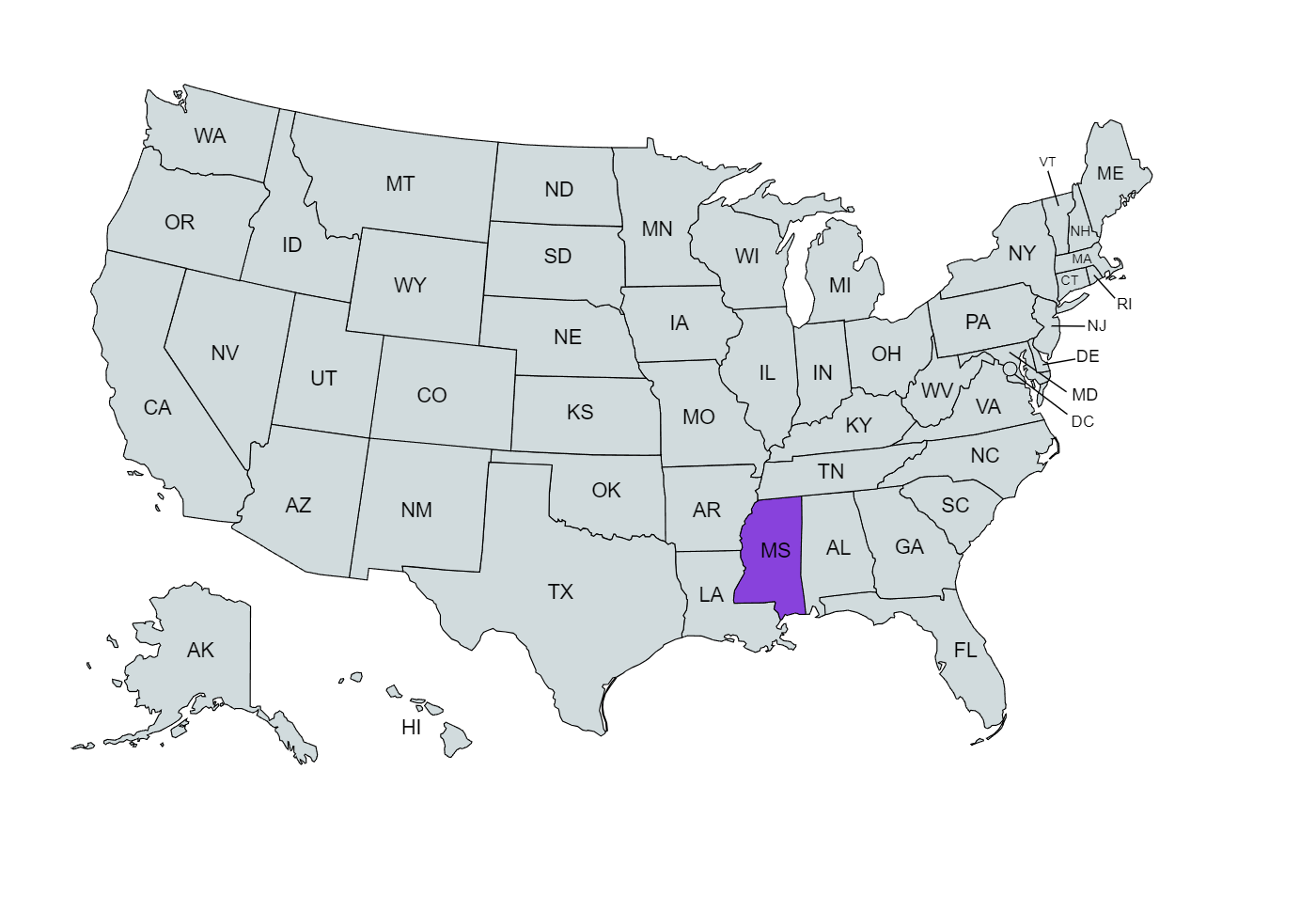Mississippi Paycheck Calculator: Calculate Your Net Pay
If you’re wondering, “How do I figure out how much money I take home in Mississippi?” we’ve got you covered.
Use our simple paycheck calculator to estimate your net or “take home” pay after taxes, as an hourly or salaried employee in Mississippi.
Paycheck Calculator
Meanwhile, get ahead with our free resources:
How Does the Paycheck Calculator Work?
Input your salary information, such as wage and pay frequency, and our tool will handle the tax calculations for you. Once you’ve filled in all the information, click the “Calculate Tax” button, and the calculator will provide an estimate of your net or “take home” pay for the specified pay period.
Overview of Mississippi Taxes
Personal income tax rates in the state of Mississippi are progressive, ranging from 0% to 5%. Deductions and exemptions are available for residents, with amounts varying based on filing status and dependents.
Mississippi's sales tax rate is made up of a state tax (7%) and a local tax (0.07%). Mississippi is one of only a few states that levies a sales tax on groceries.
The state also levies taxes on cigarettes ($0.68 per 20-pack) and gasoline (18.79 cents per gallon).

Income tax in the state of Mississippi is in line with federal tax regulations, making it easier for traditional employees, with taxes automatically withheld from their paychecks. Remote workers should pay taxes in the state of employment, though some exceptions apply.
The Magnolia State offers favorable retirement tax policies, exempting all forms of retirement income from taxation. Property taxes are relatively low, especially for homeowners aged 65 and older or those with disabilities who benefit from a property tax exemption on the first $75,000 of home value.
Median Household Income in Mississippi
Mississippi's economic performance ranks 37th in the nation. The state's Gross State Product (GSP) reached $104.7 billion in 2022, displaying modest growth of 0.6% over the last five years.
In the same year, employment in Mississippi totaled 1,098,569, with average annual growth of 0.1% in the past five years. The state's unemployment rate in 2022 stood at 4.1%.
The leading sectors in employment in the state of Mississippi are Manufacturing, Real Estate and Rental and Leasing and Retail Trade.
In Mississippi, salaries vary widely based on position. However, the median household income can give you a glimpse at the average salary a household is earning in this state.
Tips for Maximizing Your Paycheck
Here are some tips to help you maximize your paycheck:
- Familiarize yourself with Mississippi's income tax rates and deductions
- Take advantage of tax credits offered by the state
- Create a budget that outlines your monthly expenses and income
- Prioritize paying off high-interest debts like credit cards
- Take full advantage of any employee benefits offered by your employer
- Periodically review your insurance policies to ensure you have the coverage you need at the best possible price
